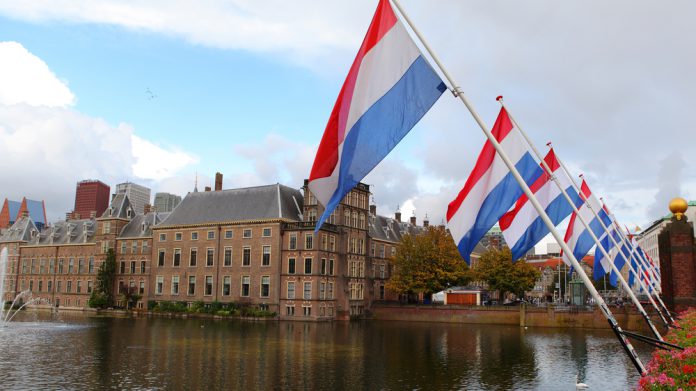The Dutch gambling authority has followed up a pair of notices issued in November 2022 after violations of the country’s Money Laundering and Terrorist Financing (Prevention) Act (WwFt) were unearthed.
BetEnt, which received a fine of €400,000 for an advertising violation in April, and Play North were those named by the regulator.
This followed a market-wide preliminary study into compliance obligations that was conducted earlier in the past year, following which it was discovered that the two licence holders, who remained unnamed at the time, did not sufficiently control the gaming behaviour of the players. Each was issued with an instruction to get monitoring protocols in order.
First Wwft disclosure instructions
As a result of the market inquiry, the Ksa noted that research demonstrated that the pair did not sufficiently check the playing behaviour of the players and the origin of the money used, which is mandatory under the Wwft.
At the time, it was said that following a data examination it was found that players, including young adults, were able to lose and top up tens of thousands of euros in a short period of time, without the providers having to intervene or investigate.
Among the discoveries at BetEnt’s BetCity portal were that players lost sums of €110,000, €55,000 €25,000, €25,000 and €12,500 in one month without any source of funds checks being initiated. It was also uncovered that €85,000 was lost in six months and €15,000 in three months, with no investigation.
Similarly, at Play North’s Kansino players lost €135,000 and €20,000 in two months, €12,000 and €15,000 in a week and a half, and €25,000 in two weeks. One individual was also able to deposit approximately €25,000 in one hour without an investigation or alert.
The Ksa also revealed that “despite various alerts going off”, concerning phrasing such as binge gambling, increased spending, chasing losses, deposit frequency, SoF check and increased playing duration, the company failed to intervene.
The authority cited three reasons for making the sanction decision public, with these being as a preventative effect in discouraging others from violating Wwft, allowing these parties to become aware of what could lead to enforcement and permitting the public to become aware of actions being taken and the reasons behind it.
Both parties, which were among the first ten entrants of the country’s legalised online gambling market from midnight on Friday October 1, 2021, lodged objections to the decision.
However, these were rejected due to the seriousness of the violations, degree of culpability and importance of the early termination of the aforementioned core obligations under the Wwft.
“The instructions have now been made public because they have become irrevocable. The disclosure decisions themselves are not made public. These fall under the confidentiality obligation of the Wwft,” the Ksa noted.
Adding: “It is the first time that the Ksa has published instructions in the context of the Wwft.”
Ongoing regulatory action
Through the current month, licensees of the Dutch gaming market have been warned that they must intervene with additional urgency and efficiency when players exhibit behavioural traits that could indicate excessive gaming or a potential addiction.
Following an “extensive investigation” into the fulfilment of the duty of care at 10 providers, the country’s gambling authority has also informed that it is working towards tightening its own policy based on conclusions and findings.
This followed the Ksa beginning an inquiry into outlawed cashback bonuses due to concerns that permit holders were not heeding prior warnings.
A recent signal regarding such an offer being on display by a licensed entity was received by the regulator, which subsequently terminated the violation after the authority stepped in.
In November 2022, all licensed providers of online gambling were ordered to stop providing bonuses in the form of cashback.









